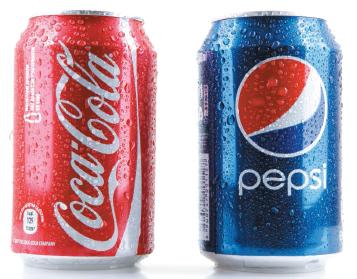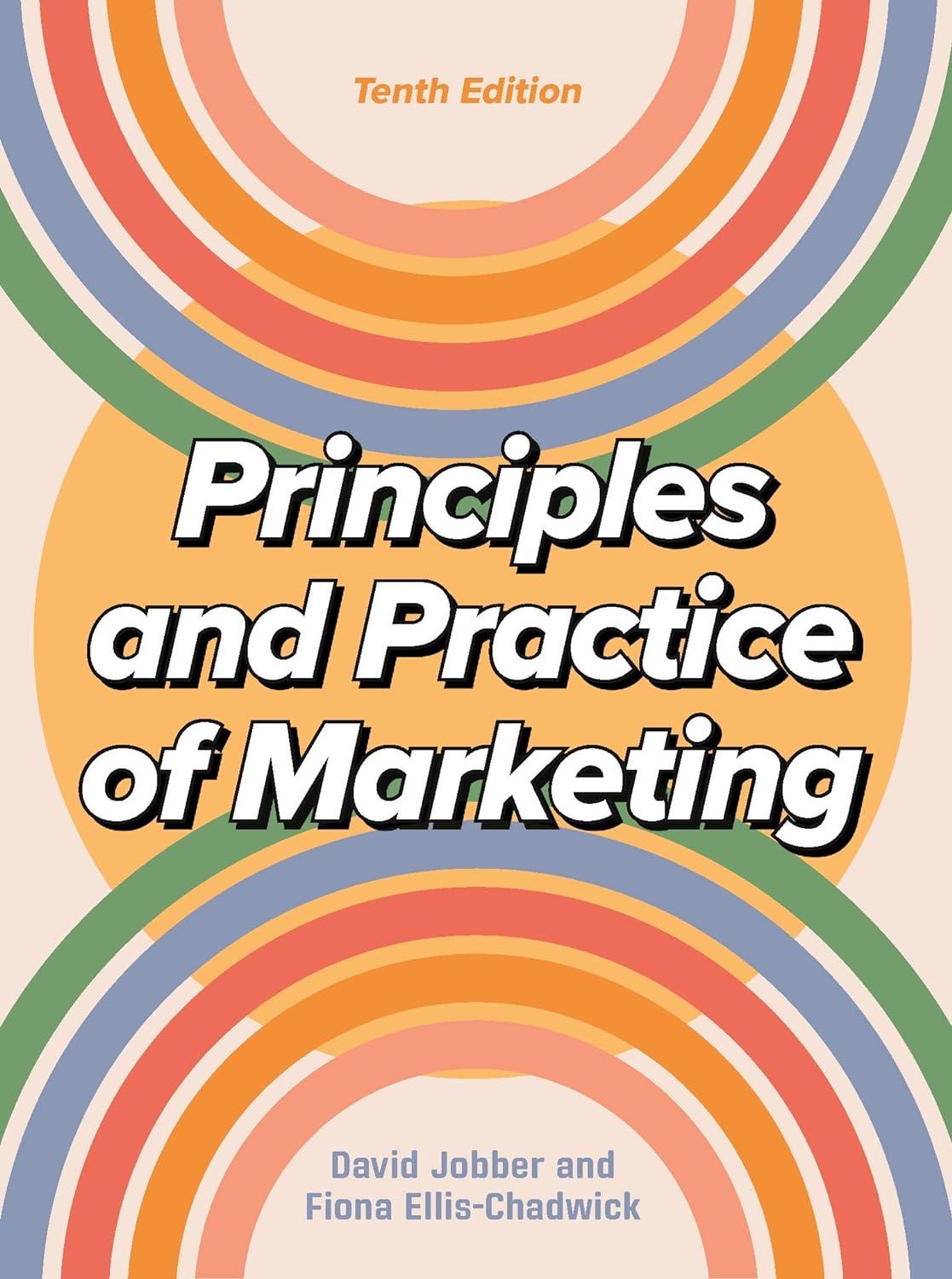For most companies, owning the number-one brand name in the world (valued at more than $67 billion
Question:
For most companies, owning the number-one brand name in the world (valued at more than $67 billion by the Interbrand consultancy), having global brand recognition and earning $4.8 billion profits on sales of $21.9 billion a year in 2005 would spell success on a huge scale. But Coca-Cola is not ‘most companies’. In the face of strong competition and a changing marketing environment, the fortunes of Coca-Cola turned for the worse during the early 2000s.

Once a Wall Street favourite, Coca-Cola created a global brand by the expert marketing of something as humble as brown carbonated water laced with caffeine and vegetable extracts. For decades the company outperformed its arch-rival PepsiCo such that, in early 2000, Coca-Cola’s market capitalization was $128 billion, almost three times that of PepsiCo, which was valued at $44 billion. By December 2005, all that had changed: PepsiCo had nudged ahead with a market capitalization of $98.4 billion against Coca-Cola’s $97.9 billion. For the first time in the history of the two companies, PepsiCo was valued more highly than its old enemy. Suddenly, the ‘real thing’ was second best...............
Questions
1. Before the arrival of Neville Isdell, compare Coca-Cola’s response to the changing marketing environment to that of PepsiCo.
2. Assess both companies in terms of their level of market orientation at that time.
3. How would you position Coca-Cola and PepsiCo on the efficiency–effectiveness matrix? Justify your answer.
4. What advantages, if any, does PepsiCo’s greater diversification give the company over Coca-Cola?
5. Assess Coca-Cola’s ownership of Innocent drinks from the point of view of both companies.
6. What future challenges is Coca-Cola likely to face?
Step by Step Answer:

Principles And Practice Of Marketing
ISBN: 9781526849533
10th Edition
Authors: David Jobber, Fiona Ellis-Chadwick





